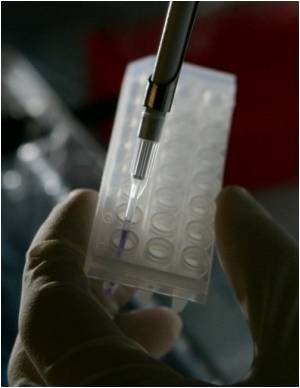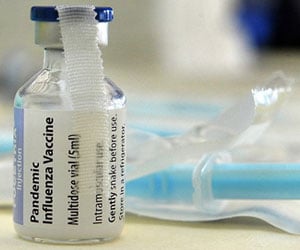Scientists have discovered key proteins that influence immune response strategies, a finding that could influence new vaccination approaches.

The immune system has two main strategies to empower white blood cells, or lymphocytes, to resist infections of the body.
The first strategy, called recirculation, is a process where white blood cells are carried around in circulating blood, allowing rapid access to organs once an immune response has begun.
The second major strategy allows lymphocytes to migrate into tissues and remain there long-term, creating a kind of rapid response team to any infectious organism that enters the body. These cells are called resident memory T-cells or Trm, and they play a dominant role in initiating immune responses that control infections.
"A key question we had was how lymphocytes make the choice to be a recirculator or a resident," said Stephen Jameson, Ph.D., a professor in the Center for Immunology and Department of Laboratory Medicine and Pathology in the University of Minnesota Medical School. "We already knew the protein KLF2 regulates the expression of genes. One of those genes, called S1P1, allows lymphocytes to leave tissues and begin recirculating."
Intrigued by the impact of KLF2 and S1P1 on lymphocytes' ability to move out of tissues, Jameson and colleagues wanted to compare resident and recirculating cells and the KLF2 and S1P1 levels. They found that resident T-cells had lost expression of the KLF2 and S1P1 genes.
Advertisement
"Cytokines are soluble proteins that act similar to hormones for the immune system," said Jameson. "We found the cytokines can instruct cells to become resident memory cells, thereby may be useful for bolstering local immunity."
Advertisement
Source-Eurekalert












